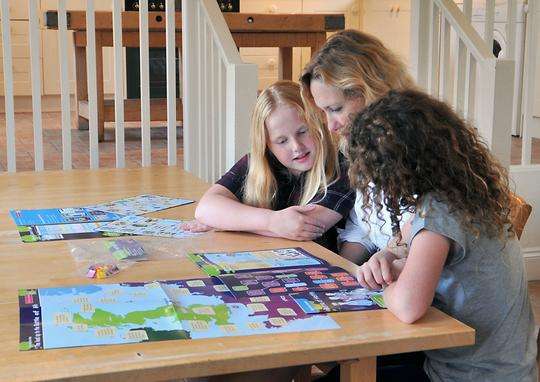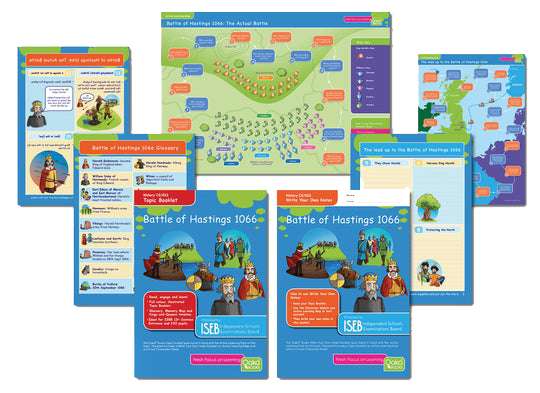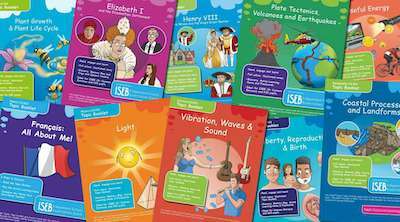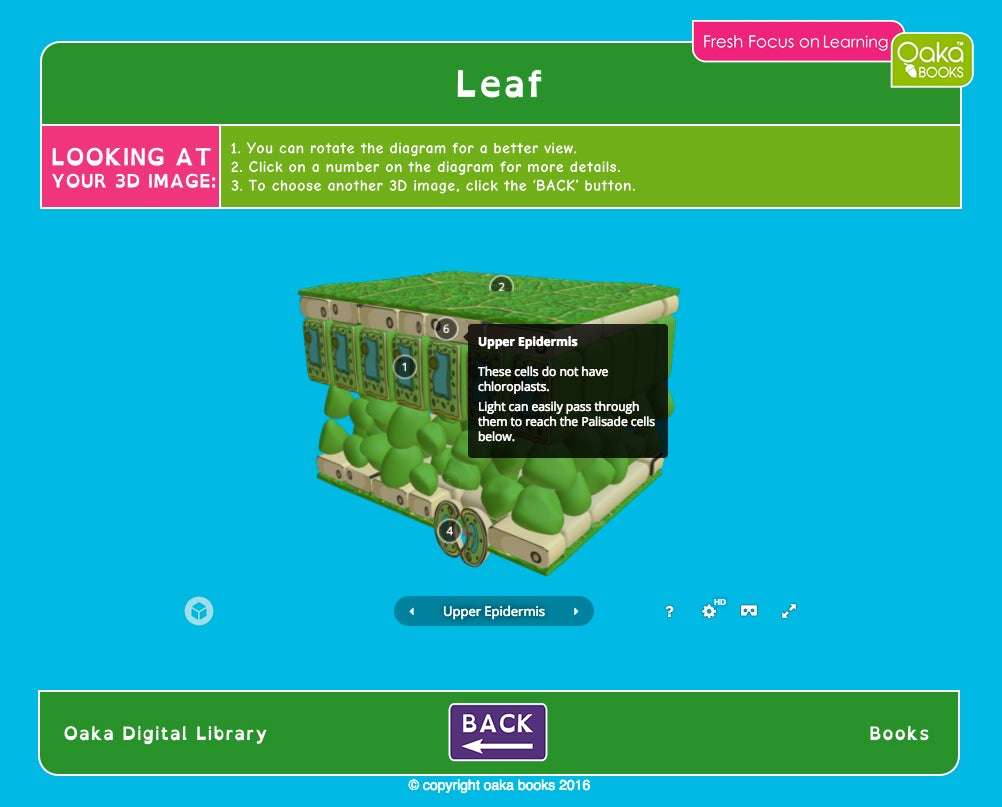There are very few pupils who simply sail along and get top grades with little work. They might manage it for a while but, once you get to GCSEs and above, it is hard work and persistence that wins out.
Intelligence (whatever that may be) is not the be all and end all; there are behaviour characteristics that can be found in very many top achieving pupils. These ways of working can be adopted by all pupils to see improvements. It is important to stress that these working patterns can be used by anyone, providing they have managed to understand the importance and impact of adopting a growth mindset.
There are 3 areas that we can easily focus on:
- Before lessons
- During lessons
- After lessons
Each of these areas requires pupils to understand that they can improve just by being present, engaged and organised. You are not asking them to become an Einstein. As teachers and parents, we continuously bang on about organisation, timekeeping, note taking and so on but do we really explain why? Do we explain why it will benefit our pupils and make their lives easier, make them less stressed, will make their grades improve? Or, do they just see us as nagging to make our lives easier?
Helping pupils at the beginning of term to understand the benefits to them is vital. They need some tools to get going – do they have their specification, can they create a planner, understand the command verbs? Is the environment right in the classroom that they feel happy to ask if they don’t understand? If they don’t understand the command verbs or key words for a specific topic, they will start on the back foot and, most likely, retreat into a fixed mindset.
During lessons so many pupils struggle to make clear, accurate notes. How many of our pupils or children show us a muddle of papers at the end of term and expect to be able to revise from it?
If pupils find this tough, why not give them workbooks for each topic? This is much easier for them to control, hopefully won’t require them to write reams and reams and will provide them with a complete set of usable notes for revision.
Using low stakes quizzes or games at the start or end of lessons will help you identify any areas of weakness. These can be addressed immediately and will avoid the lack of understanding impacting on the next topic.
After lessons, pupils need to be encouraged to go back through their work. Again, end of lesson quizzes can help to highlight any problems. Using quizzes and games as homework can also help reinforce learning soon after the lesson. Consolidation and retrieval are vital success behaviours of grade risers. Again, we are not looking for all pupils to get to the top (that can never happen, for a variety of reasons) but we are looking for pupils to take responsibility for their learning that, with our help and support, can enable them to improve their results and be the best that they can be.





